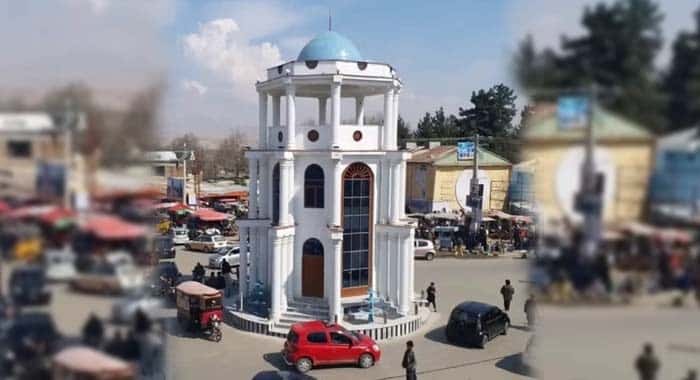Amid escalating allegations by Pakistan that the Taliban are facilitating cross-border terrorism, a concern raised repeatedly by Islamabad at the UN General Assembly and other international forums, the Taliban are facing increasing attacks from various armed resistance groups inside Afghanistan.
In the latest development, the Afghanistan Freedom Front claimed responsibility for a rocket attack targeting a Taliban base in Takhar province. The assault took place around 10 p.m. Thursday, striking what used to be the home of Malik Tatar, a police commander from the previous Afghan government, now repurposed as a Taliban base in Lala Guzar village, Khwaja Bahauddin district. The group stated that two Taliban fighters were killed in the strike.
Local residents confirmed that at least three rockets landed near the compound, hitting the street and close to the base, although they reported no casualties. Taliban officials from Takhar have yet to comment on the incident.
The Afghanistan Freedom Front also reported an attack on the Taliban intelligence office in the same district, injuring two members. Khwaja Bahauddin remains a focal point for anti-Taliban resistance, serving as a stronghold for opposition groups since the Taliban’s initial rule.
This rocket attack follows another deadly blow to the Taliban last week in neighboring Baghlan province, where the Taliban’s Rapid Reaction Unit commander for Takhar, Mullah Hebat Khan (also known as Mullah Sangin), and three bodyguards were killed. The National Resistance Front (NRF) ambushed the commander’s vehicle on a highway in Company district, Baghlan, destroying the vehicle and seizing three weapons.
Meanwhile, international dynamics are shifting as the United States reassesses its Afghanistan policy, emphasising counterterrorism as a central pillar. Qatar has also signaled readiness to facilitate Afghanistan’s engagement with the global community, even as the Taliban continue to face growing assaults from diverse armed factions within the country.
This complex backdrop of internal conflict and external diplomatic pressure highlights the fragile security environment in Afghanistan, with increasing challenges for the Taliban both on the battlefield and on the international stage.





